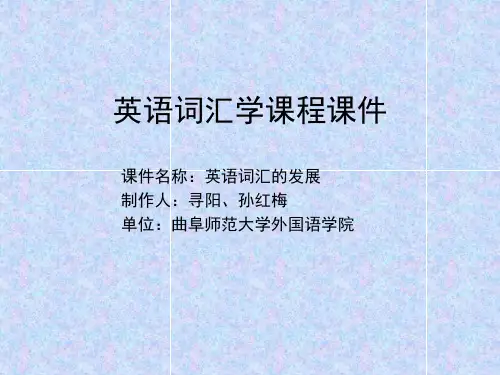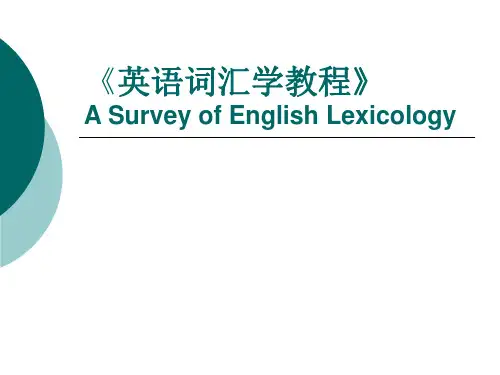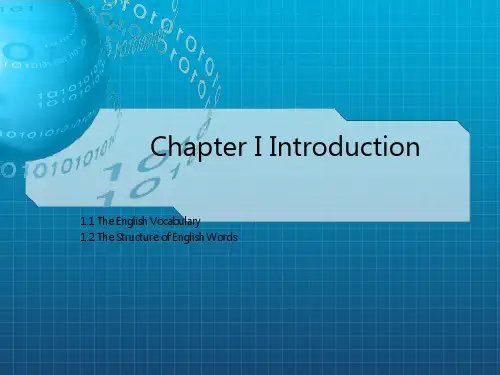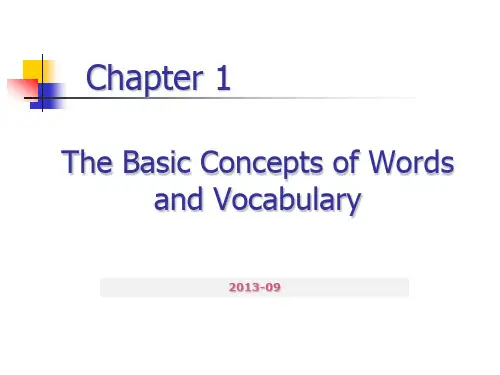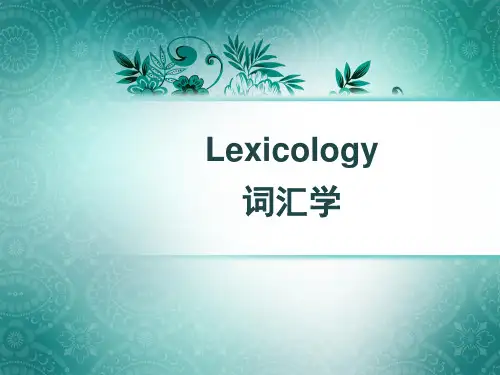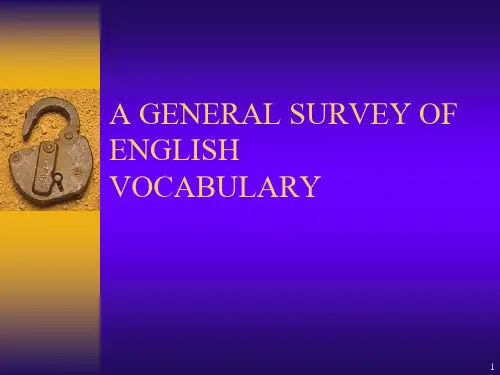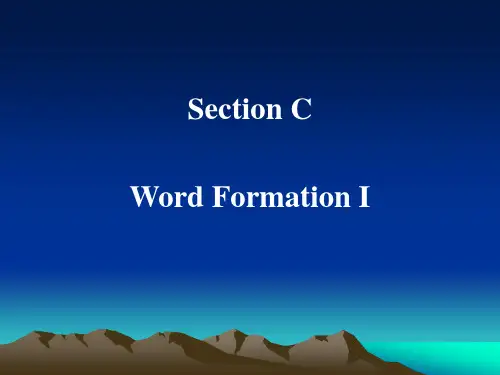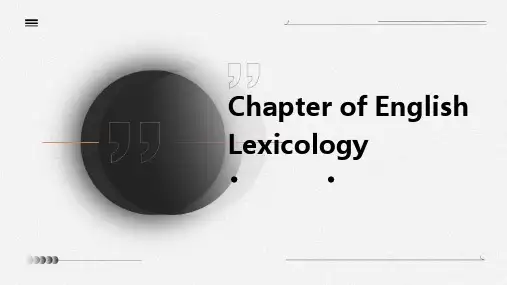Байду номын сангаас
Old English was a highly inflected language. Nouns, pronouns, adjectives, verbs and adverbs had complex endings or vowel changes marking distinction of number, case and of gender.
(ME) And he seide, A man hadde twei sones: 12 and the ʒonger of hem seide to the fadir. Fadir. Ʒyue me the porcioun of catel. that fallith to me. And he departide to hem the catel. 13 And not aftir many daies. whanne alle thingis weren gederid togider, the ʒonger sone wente forth in pilgrymage in to a fer countre; and there he wastide hise goodis in lyuynge lecherously.
Modern English (1500—1700: Early; 1700—the present: Late): Sources of the new words: Latin and Greek (Renainssance): Latin (scientific and abstract words), chemist, scientific, vacuum, theory, education, exist; Greek (literary, technical and scientific words), drama, comedy, tragedy, physics Romance languages (French, Italian, Spanish, Portuguese, Rumanian and others developed from Latin 罗曼语;拉丁语系诸语言): French, café; Italian, concert, piano, balcony; Spanish, cargo, cigar, cocoa; Portuguese, pagoda Other European languages: German, nickel, zinc; Dutch, freight; Russian, vodka, tsar Non-European languages: Australian, boomerang, kangaroo; Arabic, sugar, alcohol; Chinese, loquat; Japanese, kimono; African, zebra

